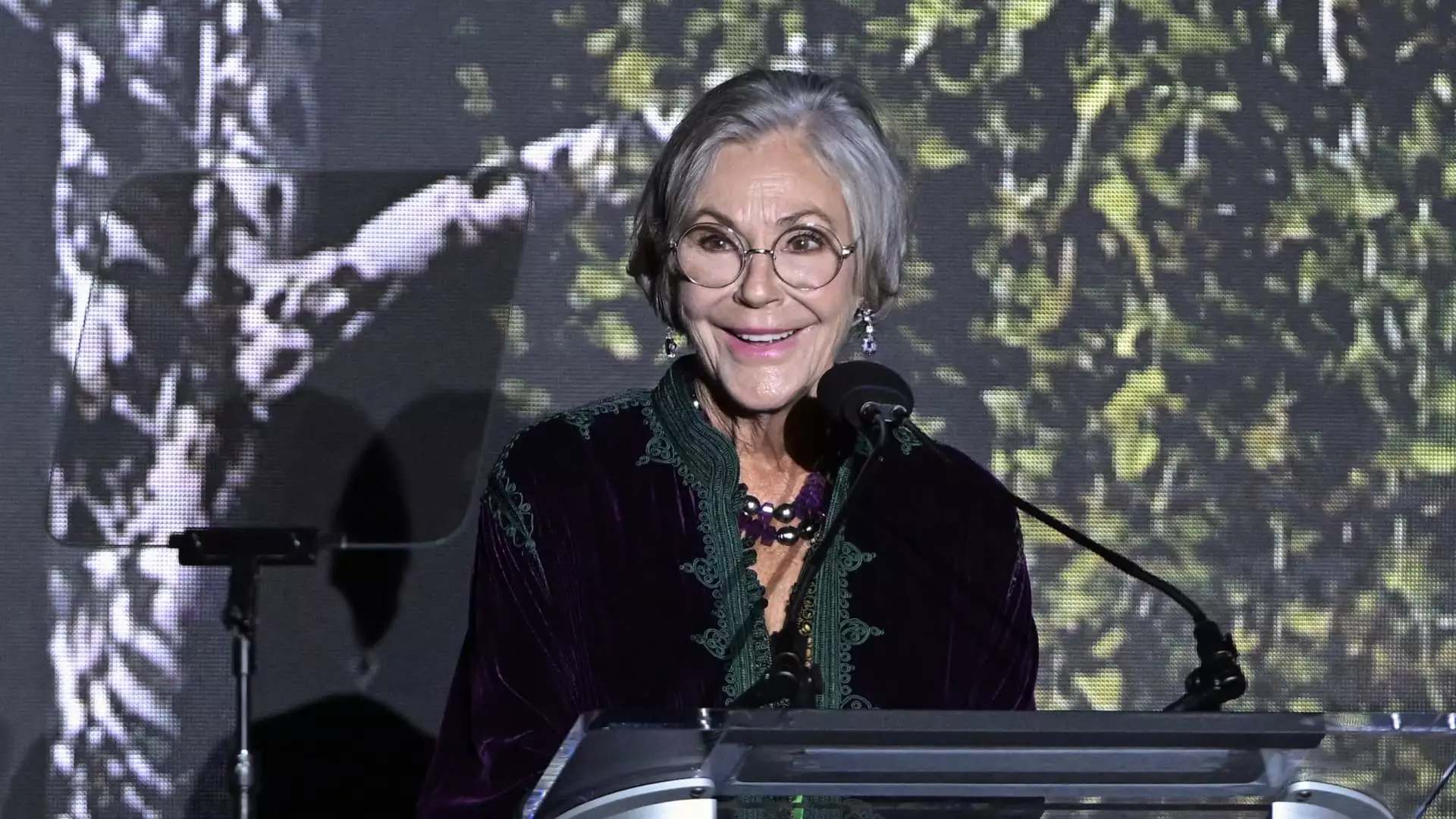The transformation in wealth dynamics over the past decade has been notable, particularly in the realm of female billionaires. According to the Altrata Billionaire Census, women now represent approximately 13% of the world’s 3,323 billionaires, totaling 431 individuals. While this percentage may appear modest, it signifies a significant shift and an emerging presence within a traditionally male-dominated sphere. This article delves not only into the statistics but also into the underlying factors, motivations, and behaviors that distinguish female billionaires from their male counterparts.
A key observation from various reports highlights the influence of inheritance on the rise of female billionaires. Astonishingly, three-quarters of women billionaires have inherited at least part of their wealth, with 38% inheriting their fortunes entirely. In comparison, a mere 5% of male billionaires can claim similar circumstances. This discrepancy raises questions about generational wealth transfer and suggests that females may increasingly benefit from familial legacies.
This phenomenon can be attributed to evolving cultural attitudes toward wealth and entrepreneurship. As social norms gradually shift, more women are taking control of financial decision-making, thereby increasing their representation in high-net-worth categories. Furthermore, projections from analytics firms like Cerulli Associates suggest that women may inherit $30 trillion in assets over the next decade, a staggering figure that could further drive their ascent within the billionaire ranks.
An interesting distinction between male and female billionaires lies in their philanthropic pursuits. Reports indicate that women have a pronounced tendency to engage with nonprofit and social organizations, with nearly one-fifth dedicating most of their professional time to such causes, compared to just 5% of men. This inclination towards philanthropy can be attributed in part to the nature of wealth inheritance, which appears to foster a stronger sense of social responsibility and an eagerness to support community welfare.
The focus on social issues may also reflect strategic shifts in investment philosophy among female billionaires. Their portfolios often reveal a higher concentration in private holdings—35% for women compared to 28% for men—suggesting a potential predilection for long-term, sustainable investments rather than high-risk public stocks. The result is a financial footprint that extends beyond wealth accumulation to encompass broader societal impact.
Beyond their philanthropic endeavors, female billionaires often display varied preferences concerning investments and luxury items. The real estate market, for instance, sees a pronounced interest from women, who are 1.5 times more likely to own properties valued over $10 million. Conversely, male billionaires are more inclined to indulge in tangible luxury assets such as private jets and yachts, demonstrating that the gender gap extends into lifestyle choices.
This divergence is further evident when examining leisure activities. For female billionaires, philanthropy stands out as the predominant hobby—71% cite it as a primary interest—while men gravitate towards sports, indicating fundamental differences in how each gender prefers to allocate their time and resources. Additionally, women express a greater passion for arts, education, and travel, while interests among men skew towards aviation, outdoor pursuits, and political engagement.
The landscape of wealth is experiencing a noteworthy feminization, shifting traditional narratives around billionaires and their societal roles. With substantial inheritances shaping the profiles of many female billionaires, alongside their emphasis on philanthropic endeavors, it is clear that this demographic is rethinking not only their financial strategies but also their contributions to society.
As women’s share of global wealth continues to increase, so too will their influence. This evolving narrative encourages a re-examination of how wealth can be utilized for broader societal impact, moving beyond mere financial success to encompass meaningful change. Ultimately, as these wealthy women redefine luxury, investment, and philanthropy, they are poised to create lasting legacies that will shape the future of wealth distribution and social responsibility in ways that are both innovative and transformative.

